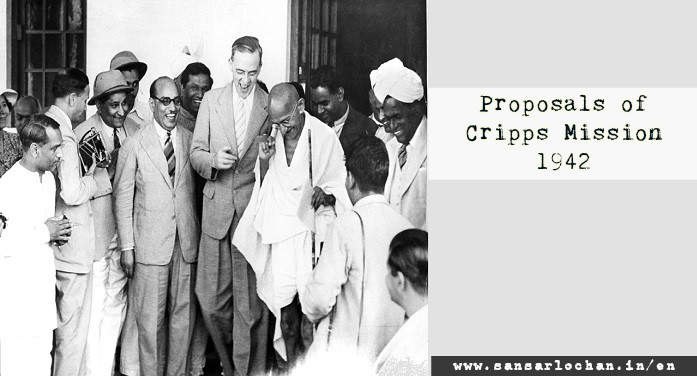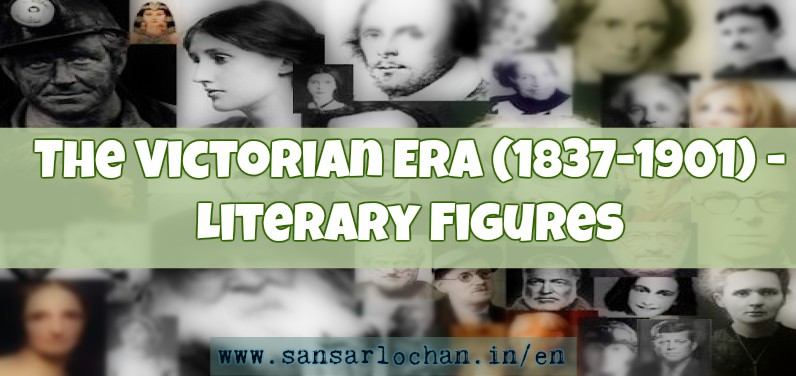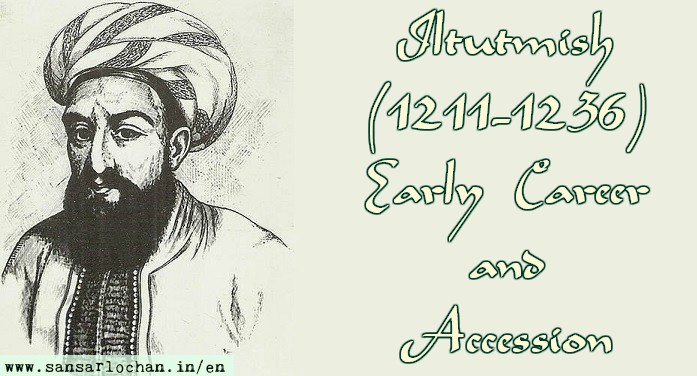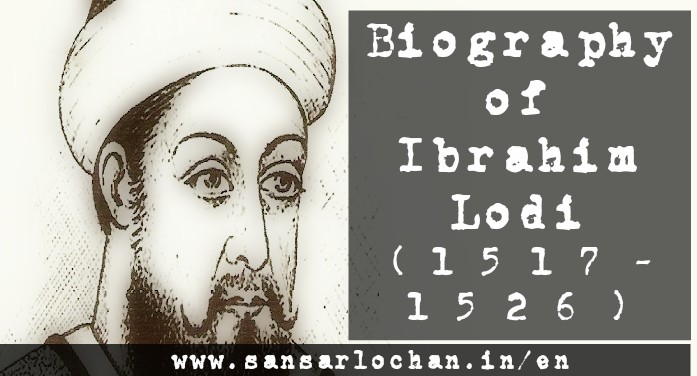If we take note of the religious and literary progress made by the people under the Afghan rule, we shall understand how little the Muslim conquest of India really affected the lives and the peaceful avocations of the people. The sects of Vishnu and Shiva were the prevailing sects in India in the medieval times, and the worship of Rama … Read More
Buddhist Sacred Literature and Moral Precepts
Buddhist Sacred Literature Not many centuries after the death of the Buddha, his teachings were spread by word of mouth to Ceylone, and they were recorded in writing in the Pali language, in 88 B.C., in the form in which we have them now. This prolific literature consists of three parts, or Three Baskets as they are called. The first is said to contain the … Read More
A Sketchy Note on Third Anglo-Maratha War (1817 – 1818)
Within almost ten years of the treaty of peace (1805) by which the second Anglo-Maratha war was concluded, the relation between Maratha power and the Britishers deteriorated again. The Marathas once again failed uneasy and were in no mood to serve as a subordinate power to the British. The sentiments of the Marathas rose to the highest point under Peshwa … Read More
A note on Second Anglo-Maratha War (1803 – 1805)
At the turn of the new century, i.e. 19th century, the Marathas were still a dominant force in the western and central India. So the East India Company decided to vanquish them and control these areas. At that time, Marathas were not united; rather they were fighting each other bitterly for supremacy. This scenario made it easy for the Britishers to … Read More
Proposals of Cripps Mission 1942 and Reasons behind its Rejection
In March 1942, when Japan was knocking at the doors of India by penetrating into Imphal, Sir Stafford Cripps, a prominent Labour member of the British Cabinet, came to India to discuss with the political leaders of the various parties some proposals for the political future of India after the war. His interim proposals were rejected by all the political parties. In this … Read More
The East India Company and Details of its Charters
The advent of the British in India begins with Queen Elizabeth’s Charter of the year sixteen hundred to some merchants of London who formed the East India Company to trade with the East Indies. As a consequence of this Charter the British East India Company set up trading establishments on the east and west coasts of India and in Bengal, … Read More
[UPSC Mains] Questions on Supreme and High Courts for IAS Mains
Here we are giving you a list of possible questions on Supreme and High Courts that UPSC may ask you in GS Paper 2 IAS Mains examination. Try to write answers in at least 200-300 words. Questions given below are prepared by our expert team as well as we have included here some of the previous years’ questions. Below are the questions which may … Read More
The Victorian Era (1837-1901) – Literary Figures
The period of the British queen Victoria’s reign (1837-1901) is called Victorian Age. The Victorian era was an era of progress and prosperity. There was contentment and self-satisfaction. The prevalent philosophy was utilitarianism. The people aimed at material progress. They were optimist and complacent. But in the realm of literature, there was great mental strife and spiritually they were greatly agitated. … Read More
Iltutmish (1211-1236) – Early Career and Accession
Shamsuddin Iltutmish was a slave of Qutubuddin Aibek, the Sultan of Delhi. Iltutmish’s father was a high-ranking noble of the Ilbari tribe of Turks. After passing through many hands, he was, finally, purchased by Qutubuddin Aibek in Delhi at a phenomenal price. Iltutmish is said to have acquired good education and wide knowledge of the Islamic world during the early … Read More
Biography of Ibrahim Lodi (1517-1526) – Medieval History of India
On the demise of Sikander Lodi, his eldest son Ibrahim Lodi inherited the kingdom of Delhi and Agra and his younger son Jalal Khan was made the ruler of the eastern and southern parts of the sultanate from Kalpi to Jaunpur. After sometime, some prominent nobles realized the folly of making Jalal Khan the ruler of a portion of the sultanate, … Read More



